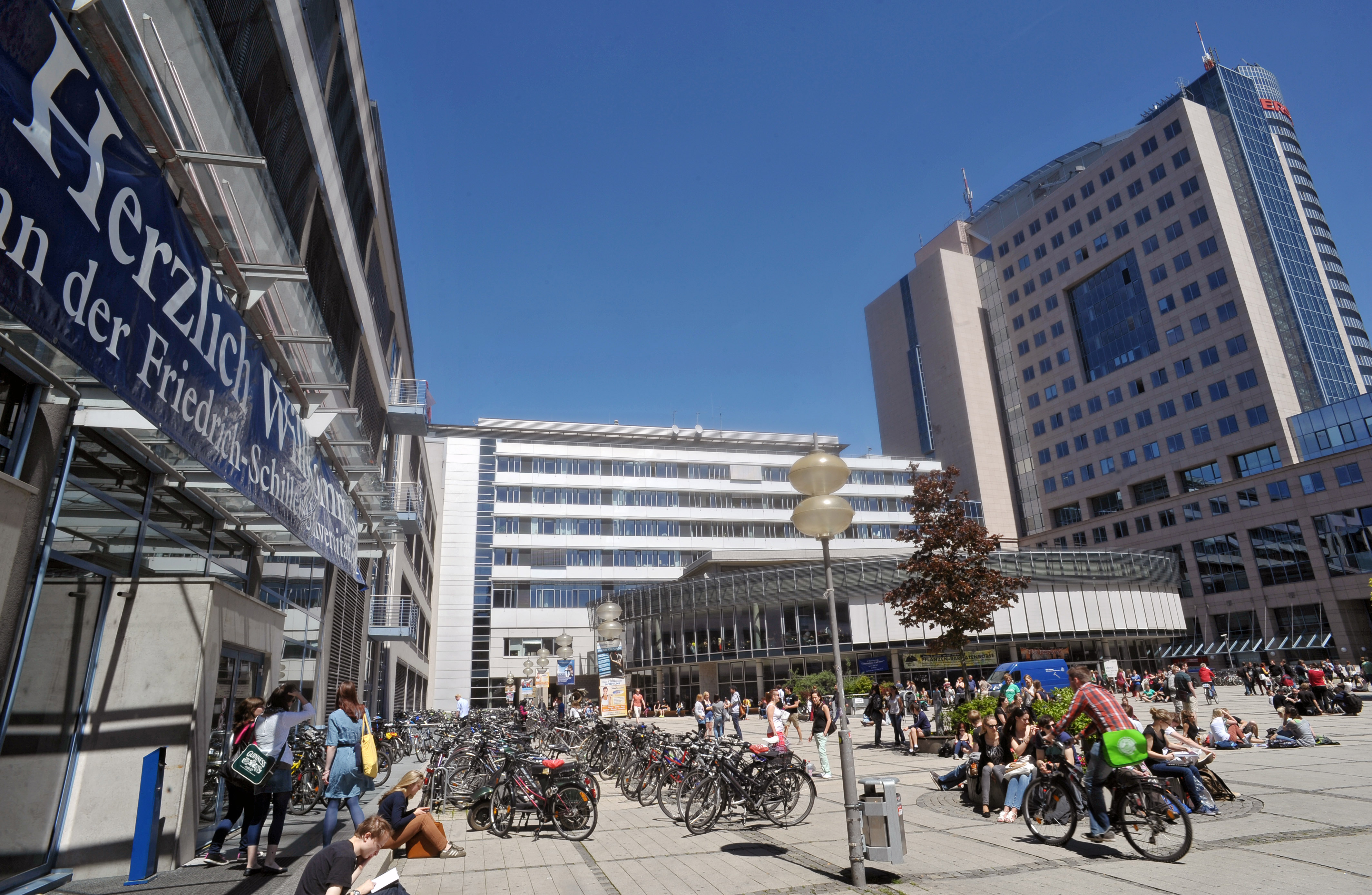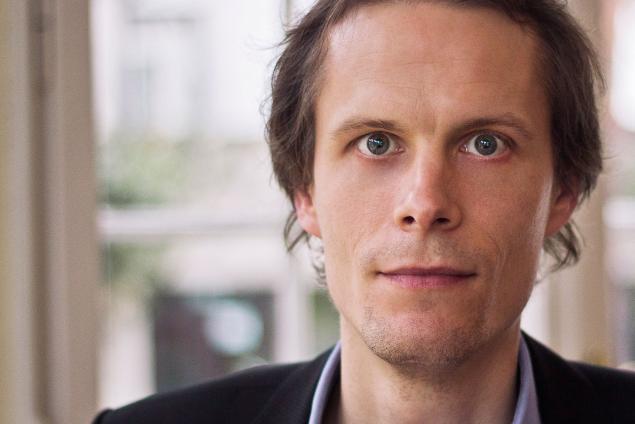Scroll to Section:
Innovation can be both creative and destructive. It creates new patterns of social and economic life, while at the same time destroying or reforming existing ones. That means that innovations are the product of a given economic system and at the same time change the system they are part of. As UWE CANTNER points out in this video, the economics of innovation and change is shaped by different actors, which influence each other and together contribute to overall structural change. Research thus far has been unable to explain this structural change theoretically and provide empirical evidence. But by combining different theoretical lines of thinking an economic pattern that responds to economic reality can be drawn up.
DOI:
https://doi.org/10.21036/LTPUB10315
Institution

Friedrich Schiller University Jena (Friedrich-Schiller-Universität Jena)
The Friedrich Schiller University Jena is the only traditional university in the German state of Thuringia with 10 faculties covering all disciplines. It was founded in 1558 and today offers a broad range of almost 200 different study programmes ranging from archaeology to Studies in Economics. The student body comprises about 18,000 students who, in various rankings and studies, have time and again born testimony to the good academic and study conditions at their university.
The Friedrich Schiller University is characterized by high and strong research dynamics. It has been a long tradition at the university to work interdisciplinarily, and close cooperation with non-university research institutions and the industry have always had great importance. Research at the Friedrich Schiller University focuses around the three keywords “Light – Life – Liberty”.
Special attention and support is given to young scientists and academics at the University of Jena. With it's nationwide recognized Graduate Academy, the Friedrich Schiller University puts great emphasis on optimal qualifications and the highest possible quality standards. The more than 120 cooperation agreements with universities around the world underline the international orientation of the Friedrich Schiller University who has also been able to build up a reputation of preserving culture thanks to its 42 collections and museums. (Source: University of Jena)
Show more
Original publication
Foundations of Economic Change: An Extended Schumpeterian Approach
Journal of Evolutionary Economics
Published in 2016
Reading recommendations
Proximity and Innovation: A Critical Assessment
Regional Studies
Published in 2005
Innovation Driving Industrial Dynamics. Between Incentives and Knowledge
Economia Politica
Published in 2009
Innovation Networks: Formation, Performance and Dynamics
Handbook on the System Dynamics of Technological Change
Published in 2011
Empirical Issues in Evolutionary Economics - Heterogeneity and Evolutionary Change - Concepts and Measurement
Economics, Evolution and the State – The Governance of Complexity
Published in 2005
Substantive and Procedural Uncertainty: An Exploration of Economic Behaviour in Changing Environments
Journal of Evolutionary Economics
Published in 1991
Competition, Fisher’s Principle and Increasing Returns in the Selection Process
Journal of Evolutionary Economics
Published in 1994
An Evolutionary Theory of Economic Change
Published in 1982Why Do Firms Differ, and How Does It Matter?
Strategic Management Journal
Published in 1991
Beyond
A Ground-breaking Scientific Revolution
An Alarming Challenge for Society
If I Had a Second Life
A Personal Reading Recommendation











